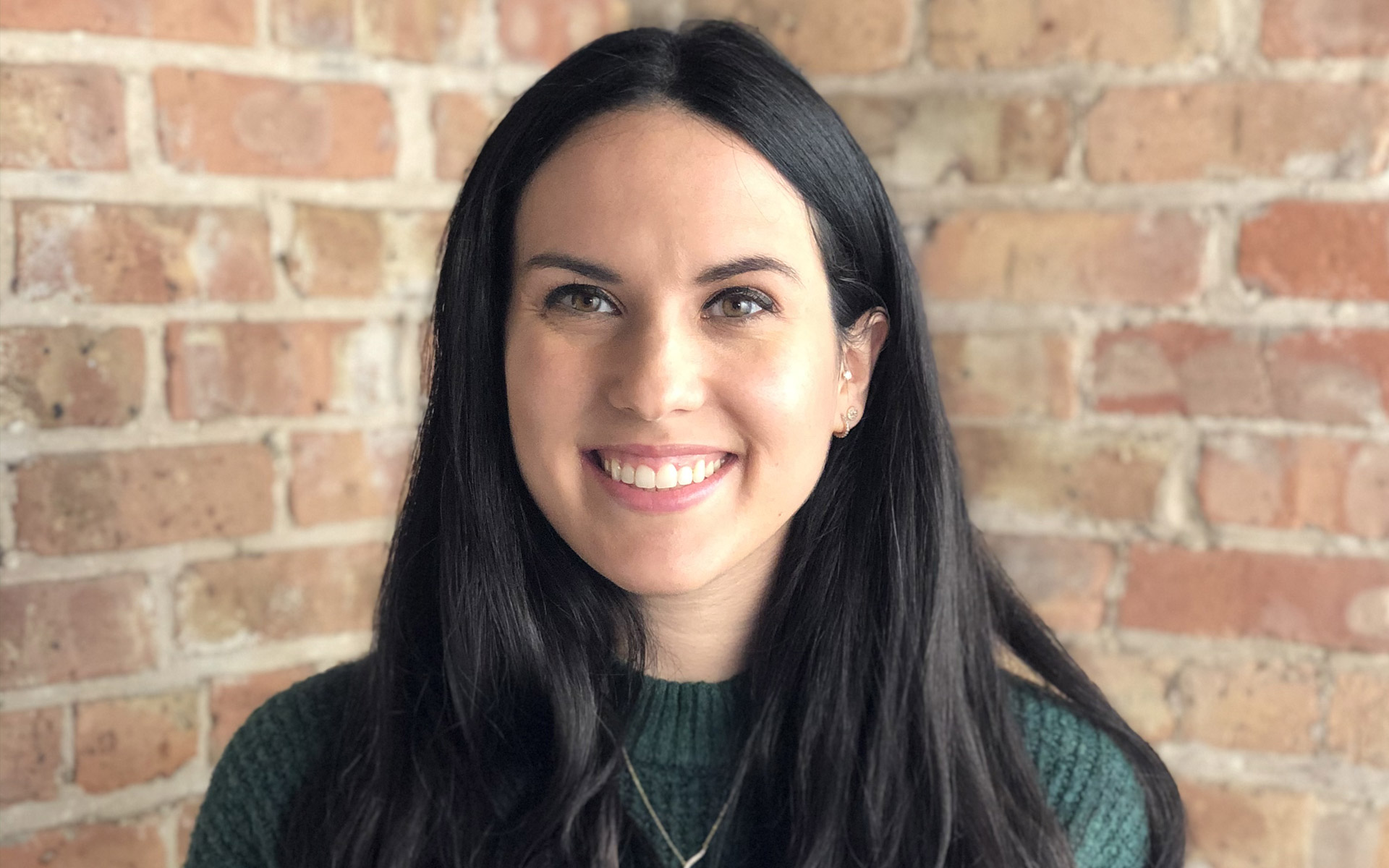CHRISTIE’S STORY
Christie was diagnosed with Type 1 Diabetes when she was 15 years old. Her diagnosis came around Easter time at a routine checkup where her blood sugar level was 450 mg/dL and normal levels are usually less than 100 mg/dL. She had ironically eaten a bag of Cadburry Mini Egg chocolates the day before, not anticipating receiving a diagnosis where sugar consumption plays a critical role.
Prior to diagnosis, Christie lived the life of an average teenage kid and was very active and involved in many sports, her favorite being softball, and she always enjoyed school. When she was diagnosed she felt scared, but did not truly understand the full impact that Diabetes would have on the rest of her life. Her family and friends were and continue to be a great support system in her journey. She is now married to her high school sweetheart, Juan, who has been by her side since before her diagnosis.
Having been diagnosed in her adolescence, Christie did not know a lot about the lab. Throughout managing her diagnosis and in becoming a pediatric nurse, she learned about the crucial role the laboratory plays in patient care. “The lab results play a huge role in treatment plan and give you a great understanding of how your disease process and treatment plan are working”. In her case, laboratory results told her how her treatment plan was working through tracking and monitoring her hemoglobin A1C levels. “My hemoglobin A1C used to be a full point higher prior to using continuous glucose monitoring. Now my A1C has significantly improved which shows me that I do best with a continuous glucose monitor and I will always try to have one now”.
For Christie, life after diagnosis has remained pretty much the same, just with some modifications (she still eats Cadburry Mini Eggs). She is open about her diagnosis and is always happy to discuss it when she’s asked about her glucose monitoring technology that she visibly wears on a day-to-day basis.

She has also become a strong advocate for herself through doing her own research about diabetes through podcasts and social media and applies it to her life when appropriate. “Be your own advocate! Go into doctor's appointments as an educated individual so you can make decisions with them and be part of your own treatment team”. She encourages patients to be a part of their own care and to find a strong support system, whether it be friends and family or an online community that can help you in what they are going through.
_
Hear Christie on the Inside the Lab Podcast Season 2 Episode 19 on creating patient-pathologist consultation programs